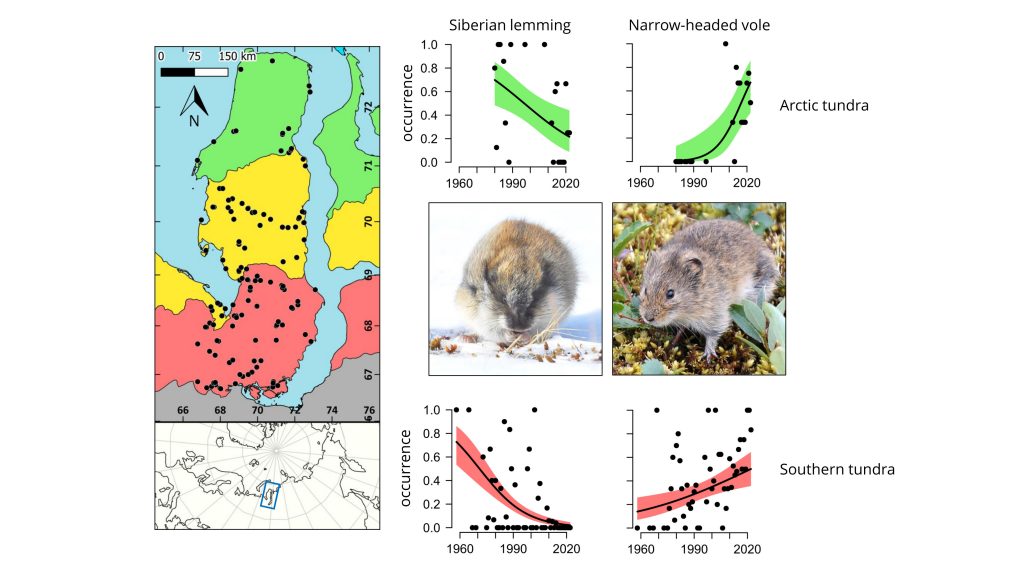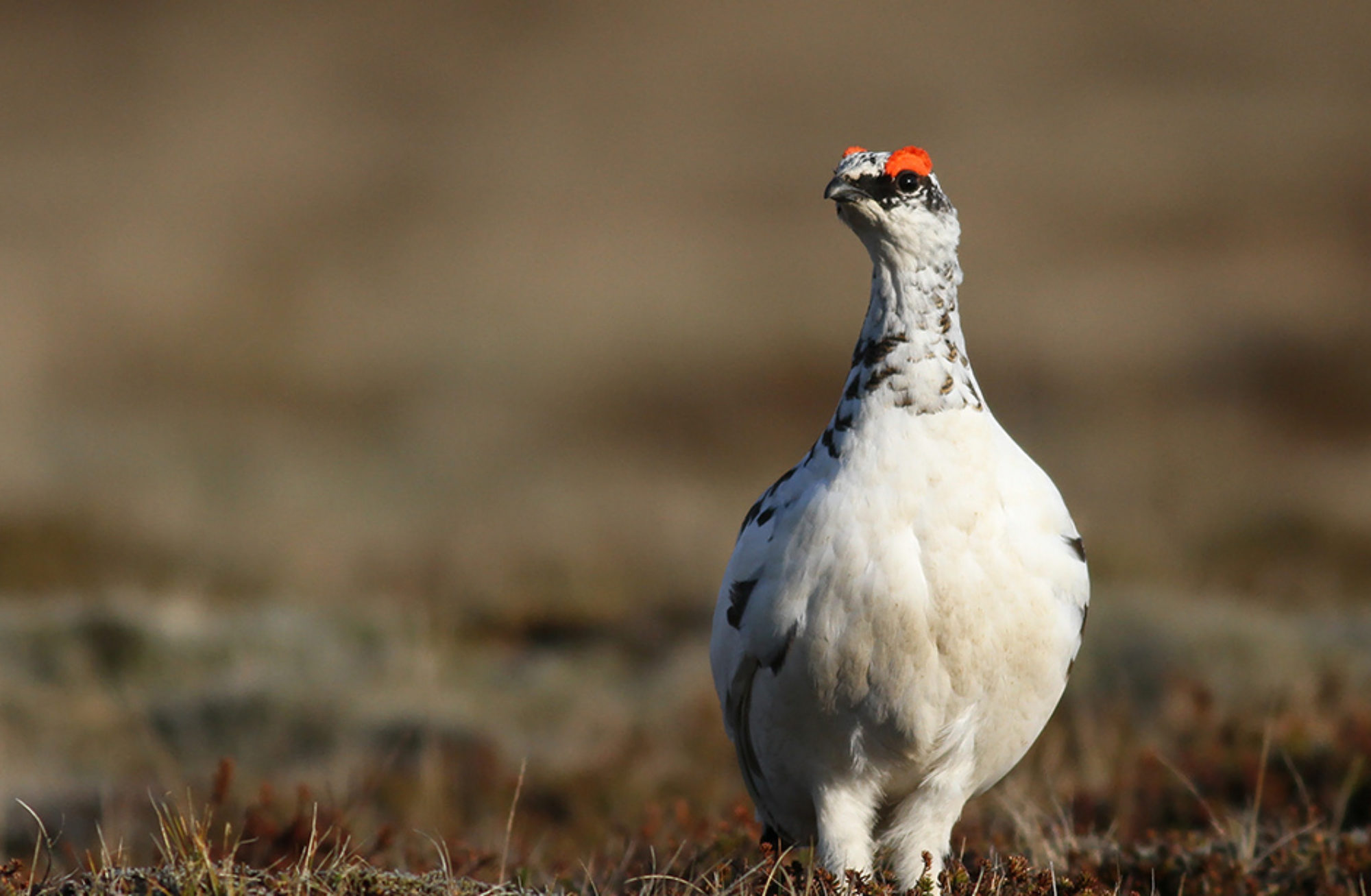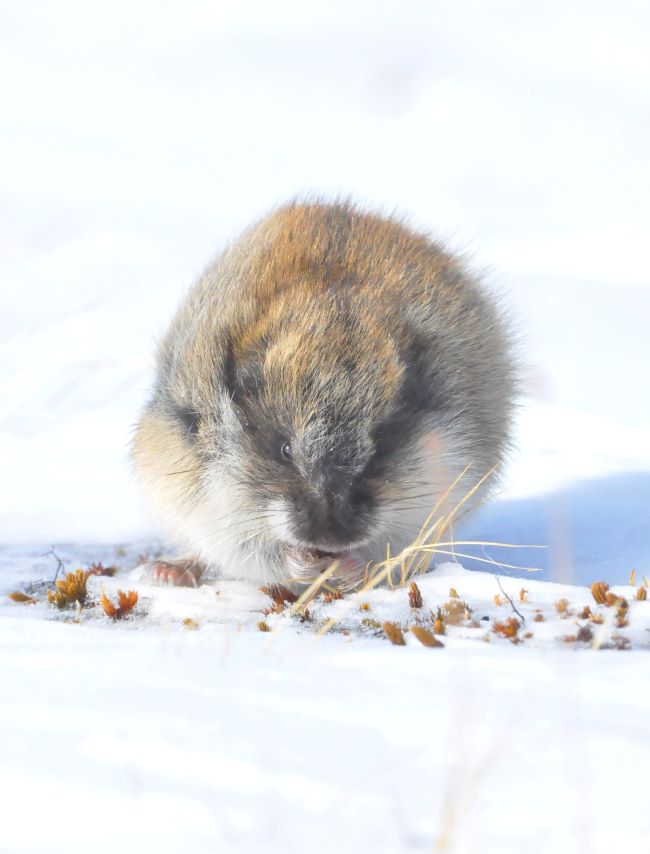Range shifts and changes in dominance of species in communities are among the major predicted impacts of climate change on ecosystems, supported by numerous modeling studies. While climate is changing particularly rapidly in the Arctic, little observational data is available to document predicted changes in the composition of communities, in particular from the large Russian tundra areas.
In their recent article in Global Change Biology, Natalia Sokolova and coauthors outlined changes over 60 years in occurrence of nine species of small rodents along a latitudinal gradient spanning from the forest-tundra ecotone to the high Arctic tundra on Yamal Peninsula.
They found that the occurrence of lemmings, specialized arctic endemics, decreased in the southern parts of the peninsula, whereas the occurrence of voles, representing boreal or wide-spread species, increased and expanded northwards.

Reference: Sokolova, N. A., Fufachev, I. A., Ehrich, D., Shtro, V. G., Sokolov, V. A., & Sokolov, A. A. (2024). Expansion of voles and retraction of lemmings over 60 years along a latitudinal gradient on Yamal Peninsula. Global Change Biology, 30, e17161. https://doi.org/10.1111/gcb.17161

